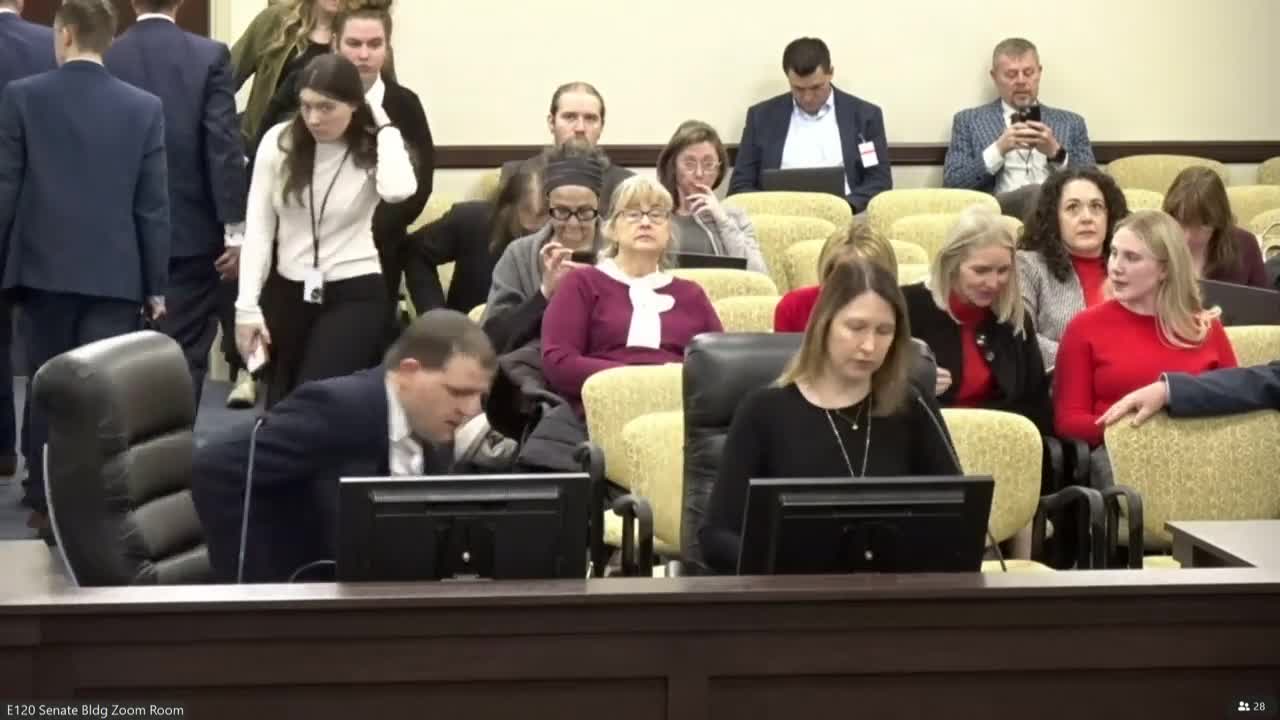Committee advances bill to revise rural small-school funding formula
Get AI-powered insights, summaries, and transcripts
Subscribe
Summary
HB 396 would revise the Necessarily Existent Small (NES) schools funding formula to provide clearer eligibility, address locality anomalies, phase down funding as growth occurs, and eliminate disincentives to consolidation. The committee voted unanimously to recommend the bill.
Representative Jennifer Peterson described House Bill 396 as a technical but comprehensive restructuring of the state’s necessarily existent small (NES) school funding formula.
Peterson said a working group of rural superintendents, district business administrators and the State Board of Education met for more than two years to redesign the formula. Testimony from rural superintendents said the current NES approach produced “band-aid” one-time funding and caused inequities where two similarly located schools could receive different funding.
The proposed changes add clearer, objective criteria for qualifying as a NES school, create two qualification pathways (district size and location relative to population centers), provide a phased wind-down as communities grow, and remove incentives that currently discourage consolidation. Testimony from rural district leaders emphasized that 27 of 41 districts rely on rural funding and that losses of hundreds of thousands of dollars can result from school consolidation under the old rules.
Representative Peck asked whether the formula would result in less of the program’s overall need over time; Peterson and Superintendent Kobe Willis explained the formula ties to the WPU and will create phased reductions for growing schools rather than abrupt cliffs.
The committee voted unanimously to recommend HB 396 with a favorable recommendation. Supporters said a fiscal request in the bill seeks about $16 million to ensure current recipients do not immediately lose funding while the phased wind-down is implemented.
The bill now goes to the next legislative steps with the committee’s favorable recommendation.
